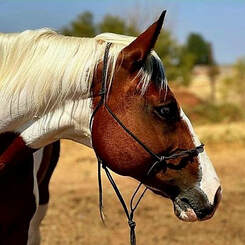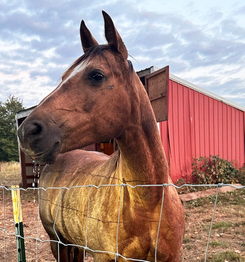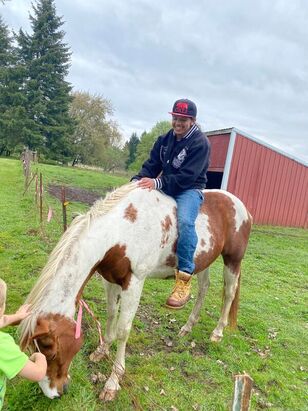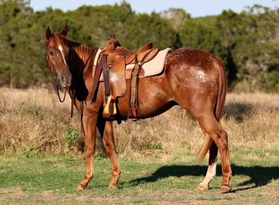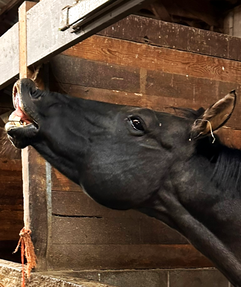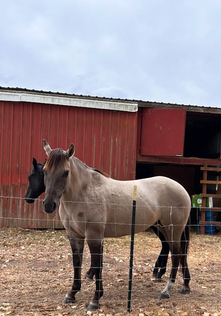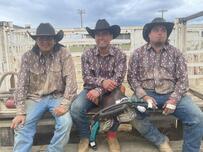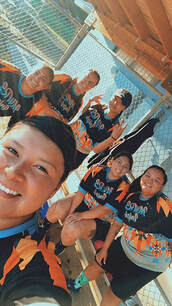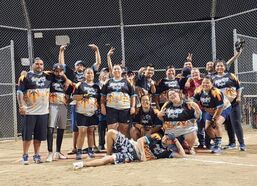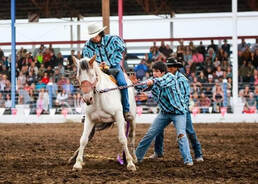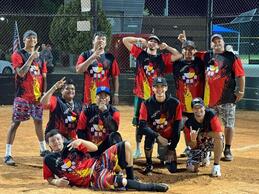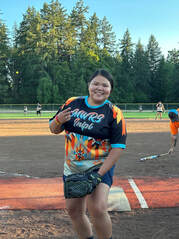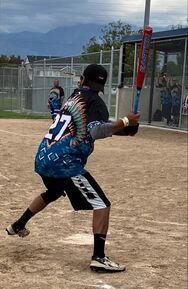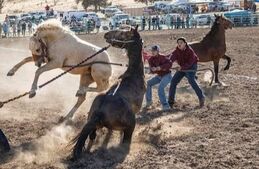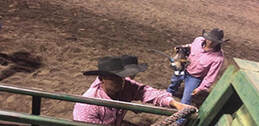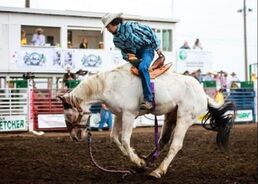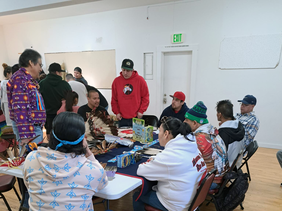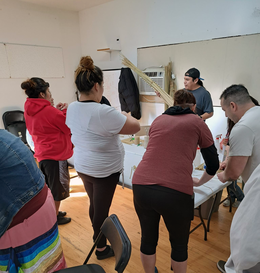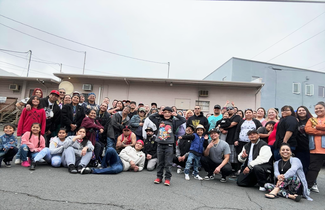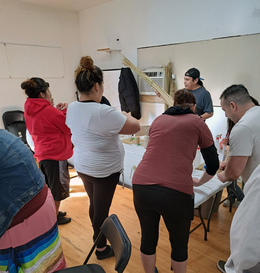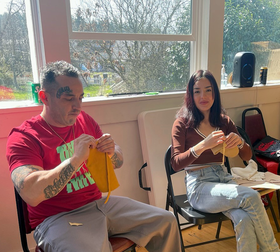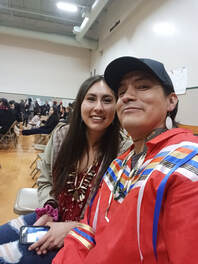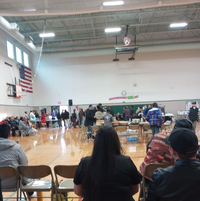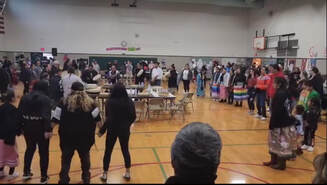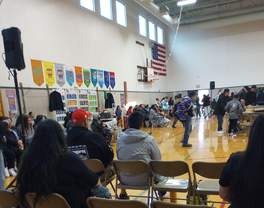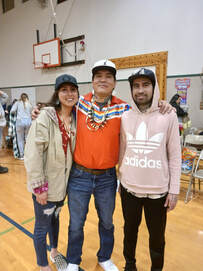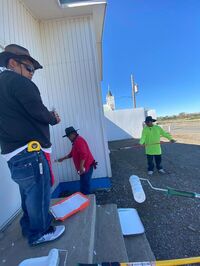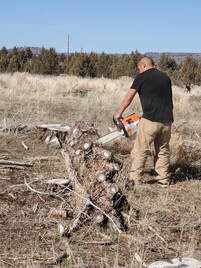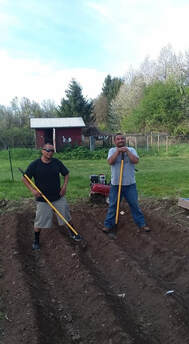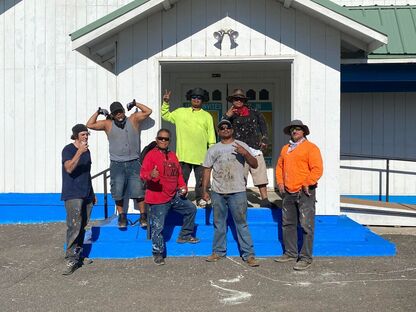Healing Hearts with Horses Program:
MWRS offers experiential opportunities to spend time with horses in a therapeutic environment to enhance the treatment experience, and to help participants achieve goals of sobriety and management of mental health symptoms. Therapies assisted by animals (in our case, horses) have been shown to be effective for participants in reducing stress and negativity, and in feeling grounded and connected. Symptoms associated with anxiety, depression, and trauma, as well as other mental health conditions, can be greatly reduced when in the company of a horse. The experience can increase participant confidence, trust, self-esteem, social skills, and impulse control. Participants also can experience positive physical outcomes, such as reduced blood pressure and heart rate, and improved flexibility, balance and muscle strength. Spiritual connection can be positively impacted by the relationship developed between participants and horses, particularly amongst Native people who have tribal histories associated with horses. Our horses also provide our clinical team with reminders and lessons on patience, genuine care and empathy, being responsible for another, and building trusting relationships where healing can occur. Recognized as a Tribal Best Practice, equine assisted interventions are an important part of our program.
MWRS boards horses in multiple locations in Columbia County to be convenient and accessible to our treatment team and program participants. Our treatment team members must demonstrate competency in a range of applicable skills prior to utilizing the assistance of the horses for therapeutic intervention with participants. Safety for everyone-including our horses-is our top priority. Program participants can access or opt out of these services at any time during the treatment stay.
MWRS boards horses in multiple locations in Columbia County to be convenient and accessible to our treatment team and program participants. Our treatment team members must demonstrate competency in a range of applicable skills prior to utilizing the assistance of the horses for therapeutic intervention with participants. Safety for everyone-including our horses-is our top priority. Program participants can access or opt out of these services at any time during the treatment stay.
Team Sports
Participants at MWRS have opportunities to participate in a multitude of organized team sports. Participants benefit through participation by building skills specific to the sport one is participating in, developing comradery, sportsmanship, and positive relationships with peers, and having an opportunity to represent selves and team while being clean and sober in the community. We believe that our teams have the ability to combat negative stereotypes aimed towards Native Americans while promoting recovery. Reflective of the availability of league play in our community, MWRS participates annually in the Columbia County Adult Softball League, with mens, womens, and co-ed teams.
Through special Oregon funding, MWRS was able to organize a 3x3 basketball tournament. Basketball is recognized as a tribal best practice, and has been utilized throughout the country as an activity to promote connection and wellness, and to address issues such as suicide prevention and substance use.
MWRS has supported participants engaging in specific rodeo events like wild horse racing. Rodeo has a long, rich history, but also is often associated with substance use. The MWRS wild horse race team competed in several events and represented healthy, clean and sober sportsmanship.
Through special Oregon funding, MWRS was able to organize a 3x3 basketball tournament. Basketball is recognized as a tribal best practice, and has been utilized throughout the country as an activity to promote connection and wellness, and to address issues such as suicide prevention and substance use.
MWRS has supported participants engaging in specific rodeo events like wild horse racing. Rodeo has a long, rich history, but also is often associated with substance use. The MWRS wild horse race team competed in several events and represented healthy, clean and sober sportsmanship.
Culture Camp
“Culture Camp” is a recognized Tribal best practice used for behavioral health. Historical and multi-generational trauma resulting from colonialism, discrimination, and oppression has interfered with the well-being of Native people. Many Native people also report that substance use, unaddressed mental health issues, and lifestyle issues have impacted connectedness with culture and spirituality. This disconnection also affects how Native people feel about themselves and their position and place in this world, and therefore further solidifies negative unhealthy and destructive patterns. Cultural connection is a support to Native people in recovery, and many participants report that involvement and connection with the culture is a preventative deterrent against relapse. Gender specific activities can include but are not limited to rites of passage, elders and story telling, instruction in berry picking, fishing, bead work, carving, drumming, singing, dancing, stick games, native language, canoe building, archery, horseback riding, etc.
The key elements of Culture Camp include:
• Teaching cultural practices indigenous to the tribe to building stronger life skills
• Historical recognition
• Elders participation from the community
• Elders and parents mentoring youth Process
• Safe and supportive environment to accommodate participants
• Planned adult and youth interaction
• Positive peer identification within tribe
• Opportunities for positive peer interaction
• Opportunity for active youth involvement
• Participants must be alcohol, commercial tobacco and drug free in order to participate in function
• Storytelling and listening to stories
MWRS organizes and sponsors Culture Camp two times a year, where people with traditional and cultural knowledge come from communities within the Colombia River Basin to share teachings and experiences for MWRS participants. Through dedicated Oregon funding, MWRS has been able to present information about traditional tobacco and ceremonial use as well as commercial tobacco and smoking cessation.
The key elements of Culture Camp include:
• Teaching cultural practices indigenous to the tribe to building stronger life skills
• Historical recognition
• Elders participation from the community
• Elders and parents mentoring youth Process
• Safe and supportive environment to accommodate participants
• Planned adult and youth interaction
• Positive peer identification within tribe
• Opportunities for positive peer interaction
• Opportunity for active youth involvement
• Participants must be alcohol, commercial tobacco and drug free in order to participate in function
• Storytelling and listening to stories
MWRS organizes and sponsors Culture Camp two times a year, where people with traditional and cultural knowledge come from communities within the Colombia River Basin to share teachings and experiences for MWRS participants. Through dedicated Oregon funding, MWRS has been able to present information about traditional tobacco and ceremonial use as well as commercial tobacco and smoking cessation.
Annual Round Dance
MWRS hosts an annual Round Dance celebration which is free to the public/community. Round Dance is a celebratory event structured and executed with traditional protocols that supports the purpose of the activity. The MWRS Round Dance is supported by participation from many of the top drummers/singers in the country. MWRS provides a meal, concessions, and sub-activities such as 50/50, raffles, and honoring ceremony during the event.
Service Work
MWRS is centered around a foundation of service and giving. We believe in the positive outcomes that abound from giving of oneself to others without the expectation of receiving anything in return. We promote the value of giving back when possible, and therefore we provide (wither through collaboration or creation) opportunities for participants and our team members to engage in service work. Participants learn how to identify needs in the community, and then organize activities that meet those needs. Peers work together to accomplish a common goal, and in the process learn new skills and create positive, collaborative relationships. MWRS also helps participants with legal obligations to complete community service hours to fulfill those requirements.
